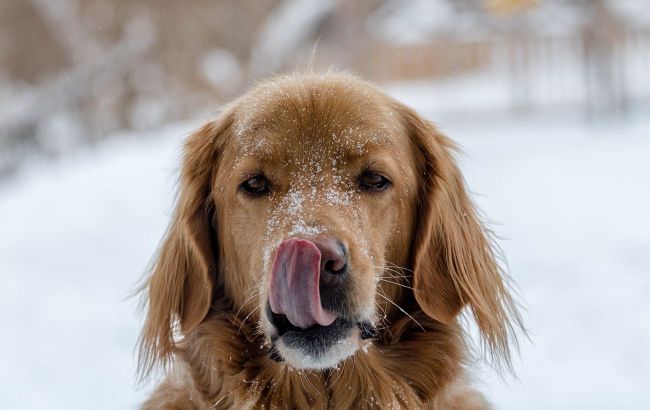Snow snacking: Understanding why dogs eat snow and its risks
 Illustrative photo (Photo: Freepik)
Illustrative photo (Photo: Freepik)
Many people have noticed that dogs love to walk when there is snow. Some of them also love to eat snow. It's worth knowing the reasons behind this behavior and what consequences it might lead to, according to the Pet Keen website.
What dangers exist?
Owners should be aware that snow can contain toxic substances or various sharp objects. There might be poison scattered by opponents of animals. Additionally, snow can contain street reagents used for de-icing roads, which could accelerate the cooling of your pet's body temperature.
Reasons why animals eat snow:
Thirst
If a dog exercises a lot, it may begin to overheat, leading it to eat snow to cool down. It starts actively quenching its thirst by consuming snow. Beware that some dogs develop a strong fondness for snow, seeking and eating excessive amounts, turning it into a habit.
Self-treatment
Some dogs, feeling unwell, may consume a lot of snow hoping to induce vomiting. Typically, they would eat grass for this purpose.
Playfulness
Dogs enjoy frolicking in the snow and typically enjoy it when owners throw snowballs for them to chase. Consequently, they might start picking up snow, mistaking it for a toy. However, if they ingest too much snow, it might cause stomach discomfort.
Dehydration
Snow is essentially frozen water, so animals might consume it because they're thirsty. Indoor heating used during winter can also lead to dehydration. Stomach disorders can also cause dehydration.
If your dog shows signs of dehydration, make sure to provide it with regular access to water.

